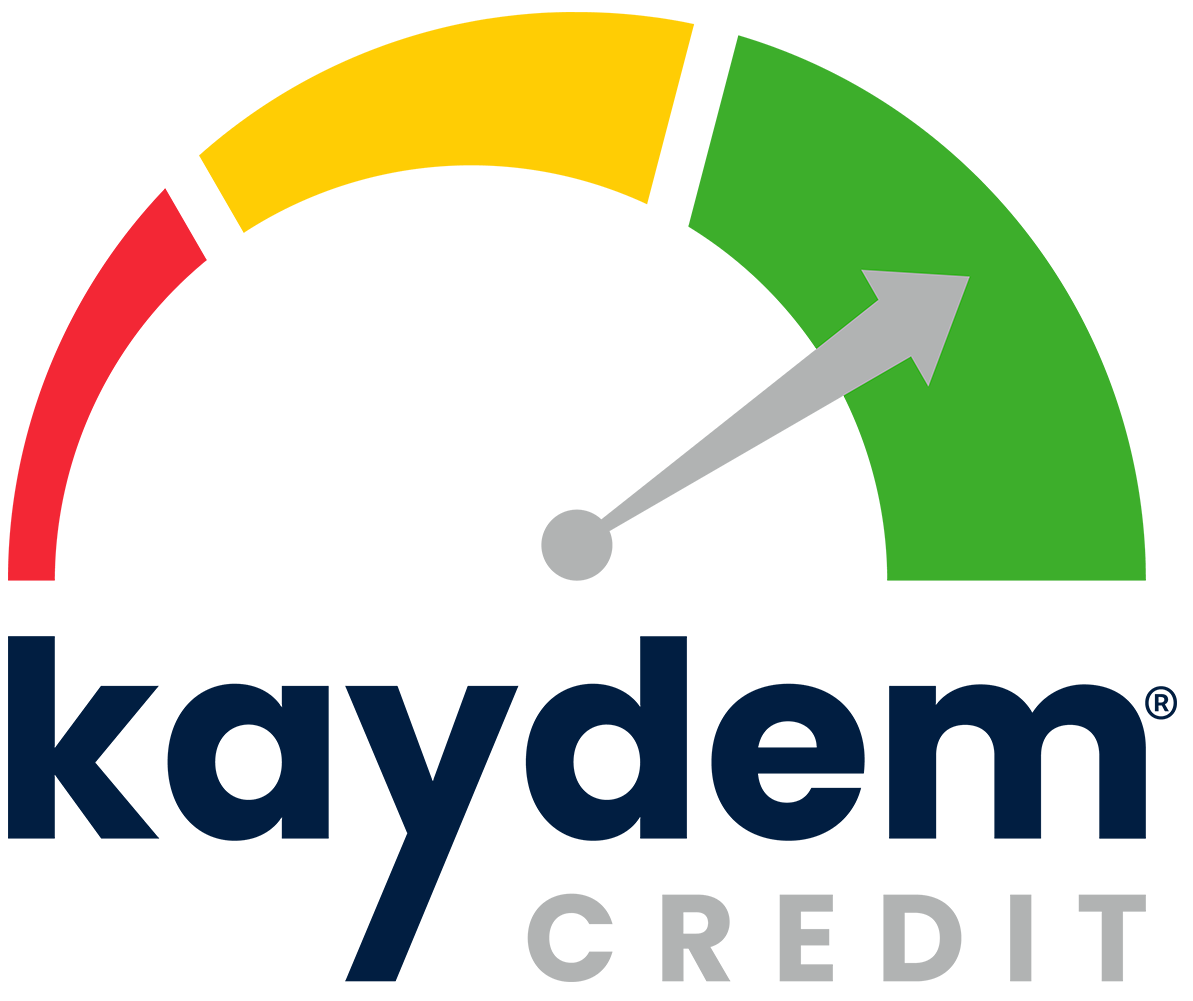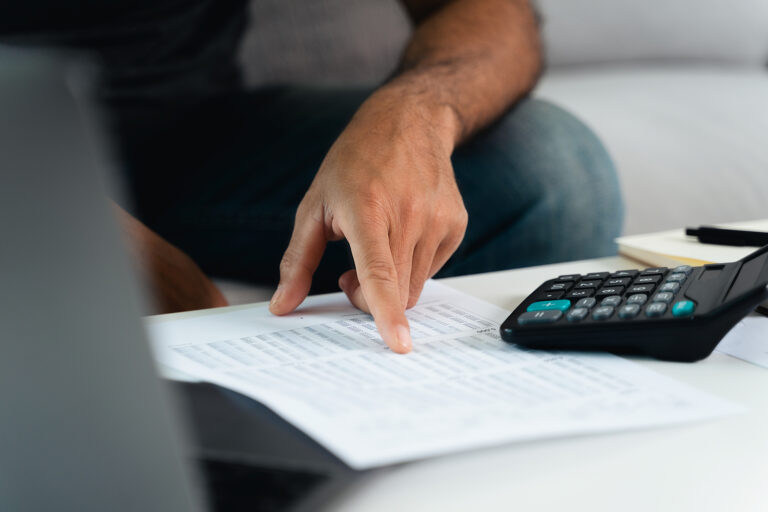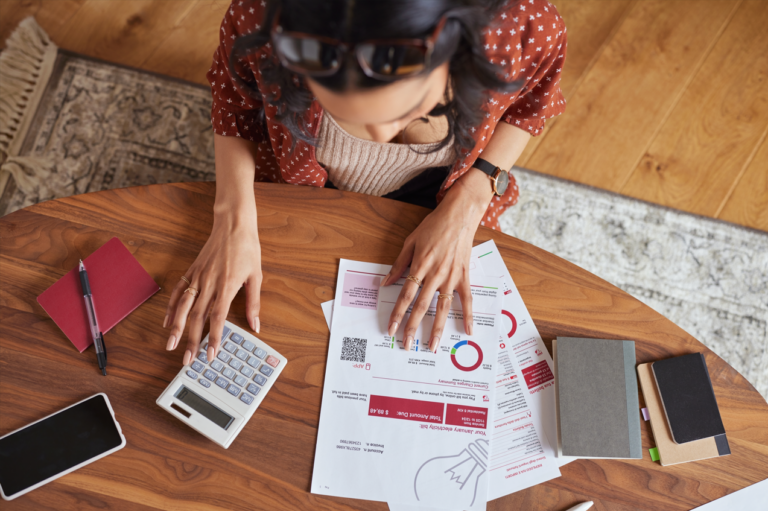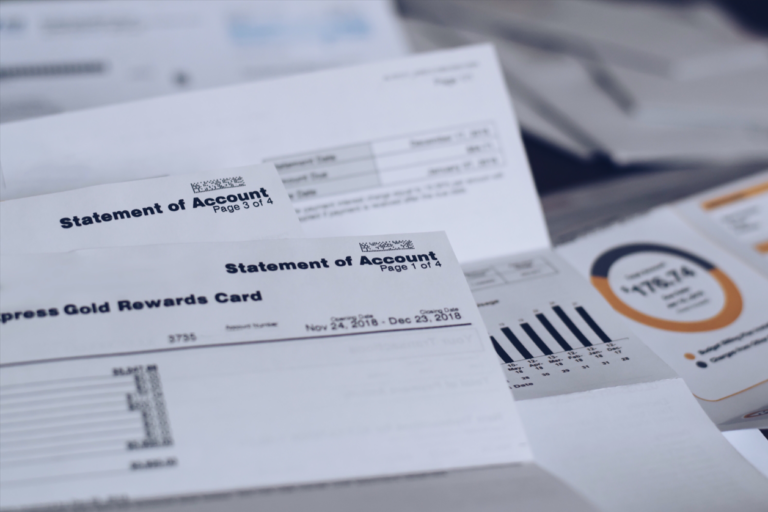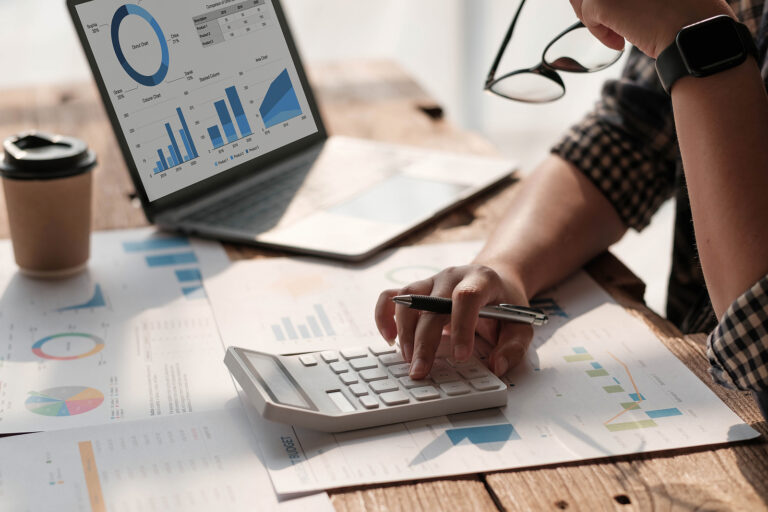Tax refunds are just around the corner, making it a great time of year for many people. Most people, however, spend their tax return money shortly after receiving it since they see it as free money rather than money that was withheld from them by the government.
It’s tempting to spend it on something frivolous, but give your tax return a purpose and use it to improve your financial situation.
These are six ways you can wisely spend your tax return.
1. Spend Your Tax Return to Pay off high-interest debt
Most people have some form of debt accruing interest, such as credit cards or student loans.
The longer it takes for you to pay off these debts, the more you will pay in interest, which could cost you thousands on top of the loan’s principal.
Use your refund to eliminate some of these debts and create a plan to consolidate them. You can include credit card debt, student loans, car loans, and any other type of personal loan.
Another method you can try is the snowball method. With the snowball method you contribute all your available money toward your smallest debt while making the minimum payments on your other debts. Having paid off the smallest debt, you can then start putting all your money towards the next smallest debt and then continue the process onto the next.
Every time you pay off a debt, you free up additional funds to pay down the next debt.
2. Spend Your Tax Return to Make home improvements
Your home is your biggest asset, and for most people, it’s the most expensive item you will ever purchase.
Thus, the more you take care of it, the better it will be once you decide to sell.
If you need a new roof or are interested in energy-efficient appliances, using your tax refund check can pay for a large sum of these expenses. Also, making these improvements boosts the value of your home so you can sell your house for the highest possible amount.
3. Start a retirement account
Starting a retirement account is another wise way to spend your tax return. You can open an interest-bearing savings account, IRA, or investment account that will benefit you in the future.
Opening your account by making a significant deposit can help encourage you to keep depositing money into the account. However, before doing this, make sure you’re taking advantage of all employer-matching benefits through an employer-sponsored plan, such as a 401(k).
Since the money you invest into your retirement account is tax-free, you will also reduce the taxes deducted from your paychecks, and you will likely owe less in taxes the following year.
4. Start an emergency fund
When a tire goes flat, an appliance breaks, or you fall ill and rack up large medical bills, having a fund for these emergencies will help avoid scrambling for cash or taking on new debt.
In case of an emergency, you should have six to twelve months’ worth of living expenses on hand.
This way, even if you suddenly lose your job, you have a buffer to support you until you find another.
5. Prepare for student loan repayment to begin
When student loan repayment restarts in May, most borrowers would have gone nearly two years without making a payment.
Thus, for many, their budgets are no longer tailored to making their student loan payments. Using your tax return check for your student loans would help create a buffer. This buffer will allow you to ease into the repayments and give you time to adjust your budget.
6. Invest for passive income
Creating a stream of passive income is another wise way to spend your tax return. With enough passive income, you can cover your living expenses, which makes your career optional.
Investing in dividend-paying stocks, bonds, rental properties, crowdfunding real estate, and real estate investment trusts can provide passive income.
These are all viable options to invest your money once and have the investment pay you steadily long-term or even indefinitely.
Start looking at your tax return check as an extension of your budget rather than free money. This will help you spend it more wisely and use it to improve your financial health.
DISCLAIMER: Any advice relating to finance, investments, stocks, companies, securities, or any other financial matters whatsoever reflects the private opinion of the person giving this advice. It is not the advice of a financial, investment, or other experts. Kaydem Credit Help, its employees, and representatives take no responsibility for any consequences resulting from following such advice. Anyone seeking professional advice is strongly advised to conduct their own research or consult a professional financial adviser. Do not disregard professional financial opinion or make any financial decisions based on what you may read in Kaydem Credit Help’s Blog. You are solely responsible for any investment or other finance-related decisions you make.
